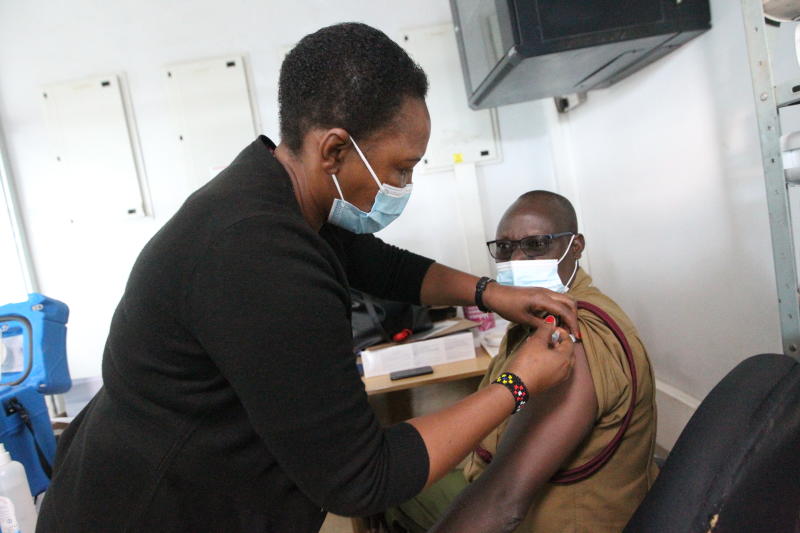×
The Standard e-Paper
Join Thousands Daily

Covid-19 vaccines are arguably the most important health products of 2021.
They are saving millions of lives globally. There should be no doubt about that. Unfortunately, this is not the case in Africa, where, according to the Africa Centers for Disease Control and Prevention (CDC), only 2 per cent of the population has been vaccinated so far.